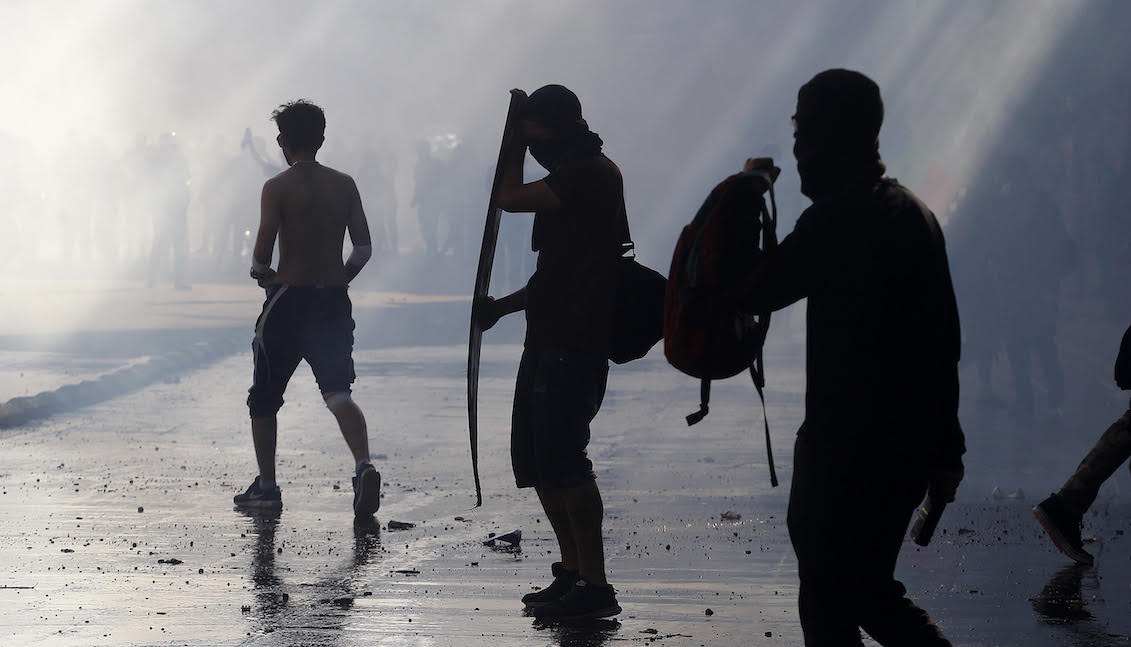
Widespread protests in Latin America: The fruit of inequality and corruption
Over the last few months we have seen the bonfires of social protest light up all over Latin America, but what is causing them?
The word "crisis" comes from a Greek word that means "to decide”. A crisis is something that, because of the damage it has suffered or incurred, demands analysis and changes of course. Latin America is a region that is in crisis and the core of the decisions it has to make lies in its economy based on the exploitation of raw materials.
The diverse bonanzas that we have seen throughout history, from coffee to hydrocarbons and mining, allowed for the improvement of the living conditions of the population without the development of products with a higher Index of Economic Complexity. In other words, products whose value is given by the complexity of the knowledge and processes involved in them, which, in turn, tend to bring greater economic returns with less exploitation of nature.
During the last fifteen years Latin America was carrying out the task of lifting its population out of extreme poverty from the boom of commodities that allowed the growth of the Chinese economy. However, that growth did not turn into a substantial leap in the economic complexity of our products.
RELATED CONTENT
Thus, with the deceleration of the growth of the eastern giant, the wave of prosperity in Latin America dried up and now we have a middle class that with enormous anguish sees the shadow of poverty and misery that has been cast over the region.
The slowdown in the growth of Latin American economies is aggravated by three factors that fuel the fire of social indignation: high levels of corruption, high levels of concentration of wealth, and the under-representation of the population by its political class, all of which are factors that have hit both right-wing and left-wing governments alike.
The accusations against Evo Morales of electoral fraud in Bolivia, the monumental corruption cases in Peru, Brazil and Colombia related to the Odebrecht construction company, and the closing of the Peruvian congress are some of the reasons related to the corruption that have taken people out to the streets.
As for the crisis of representation, perhaps the case of Chile is the most prominent of all, where citizens have demanded a new constitution, since the current one comes from dictatorship times. However, although the government and the opposition reached agreement on the need to write a new constitution, doubts remain about how it will be done.
Let's hope that this moment will allow Latin America to make structural decisions that will allow for positive changes in the medium and long term, when the rain of tear gas and broken glass subsides.










LEAVE A COMMENT: